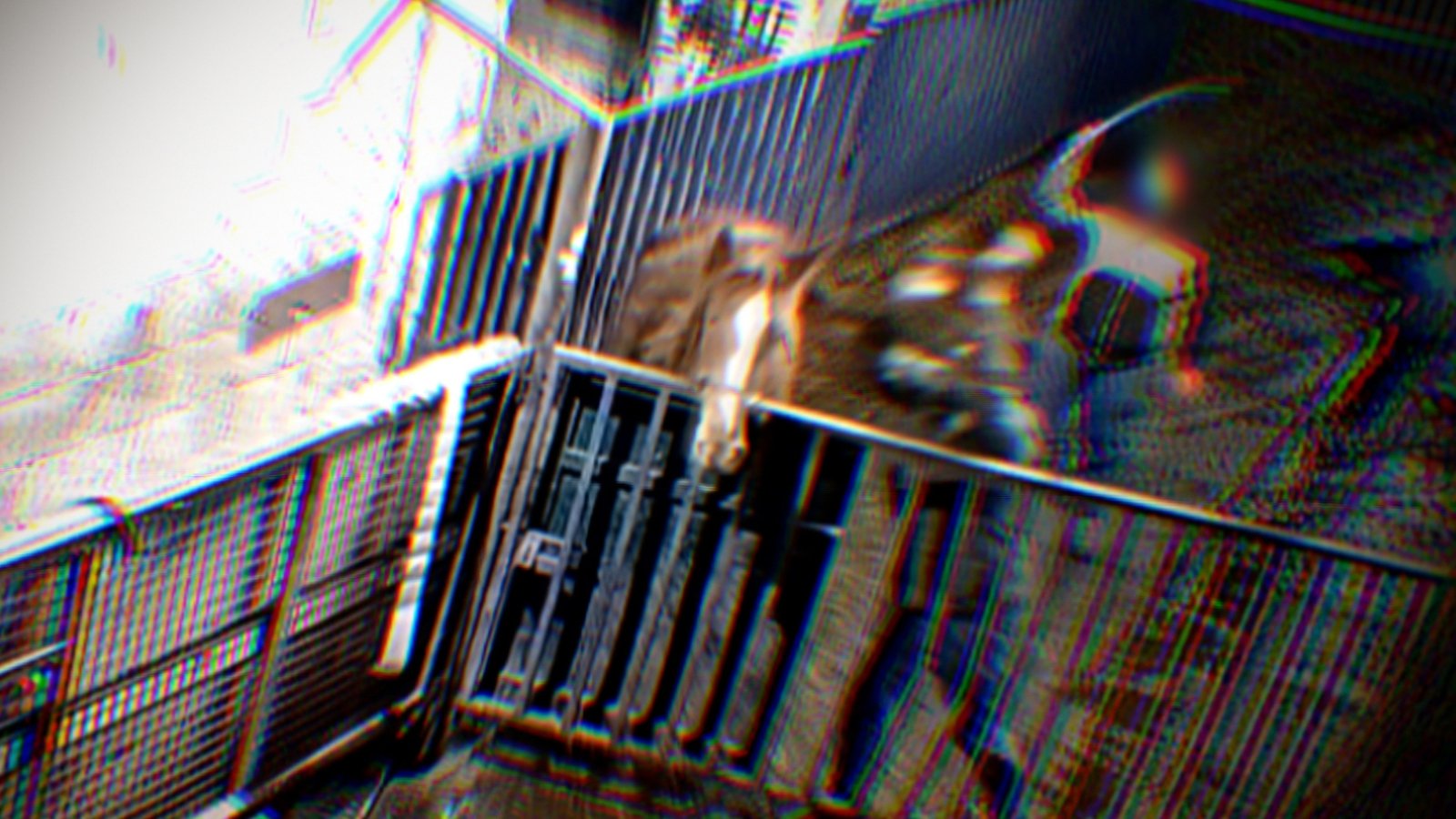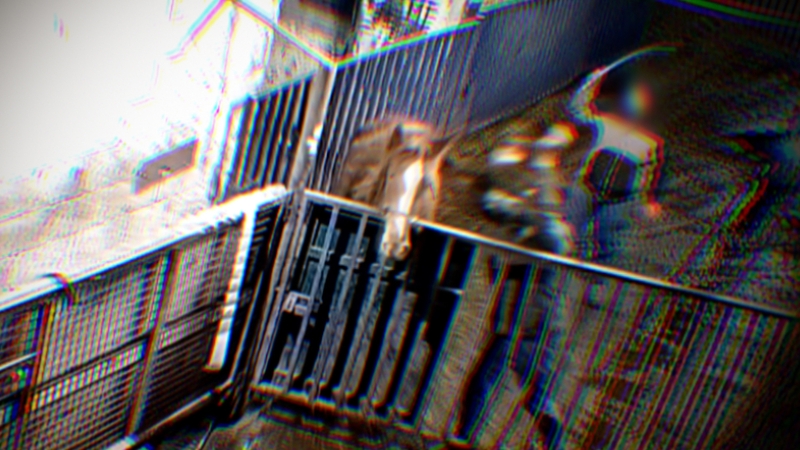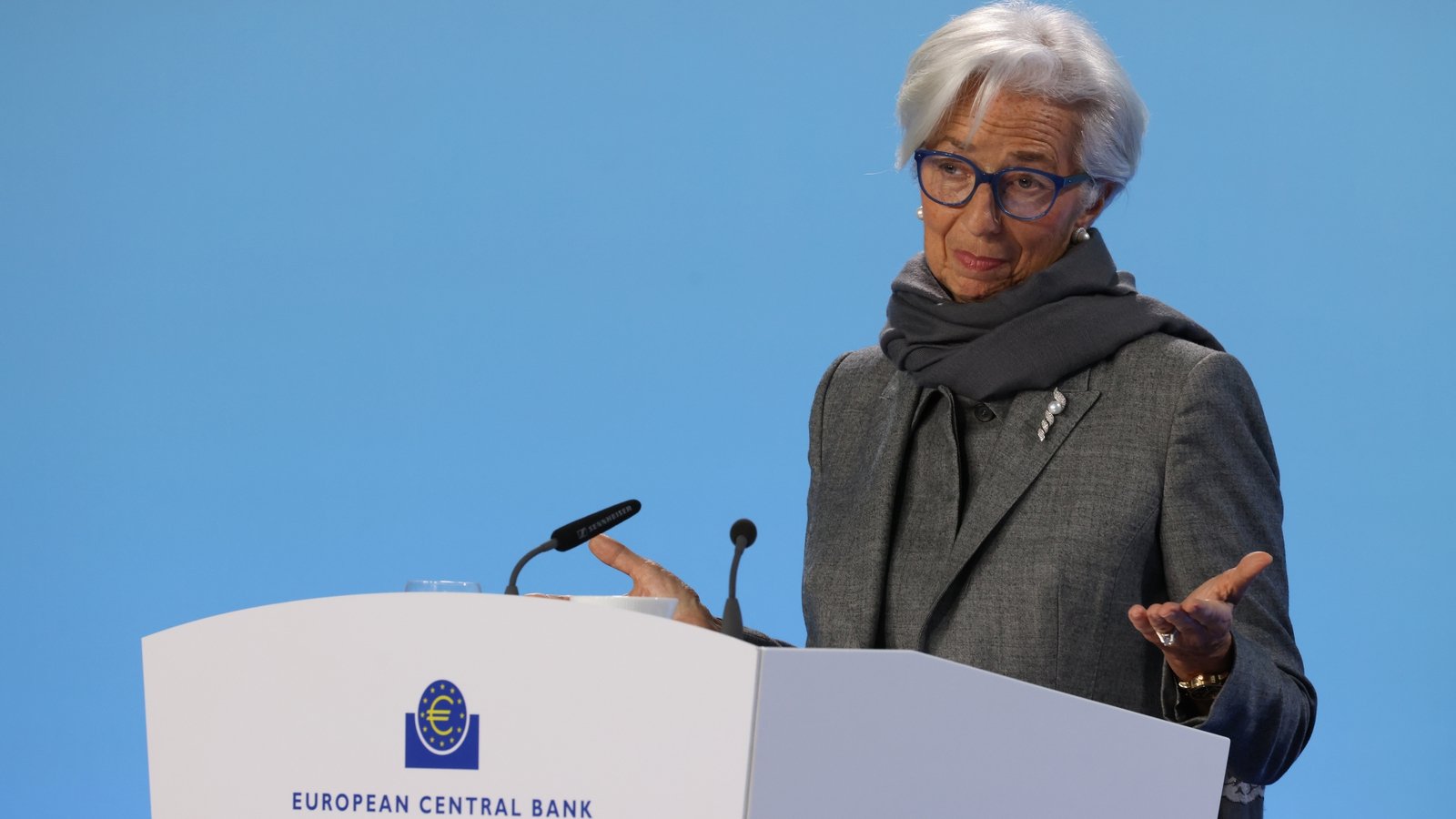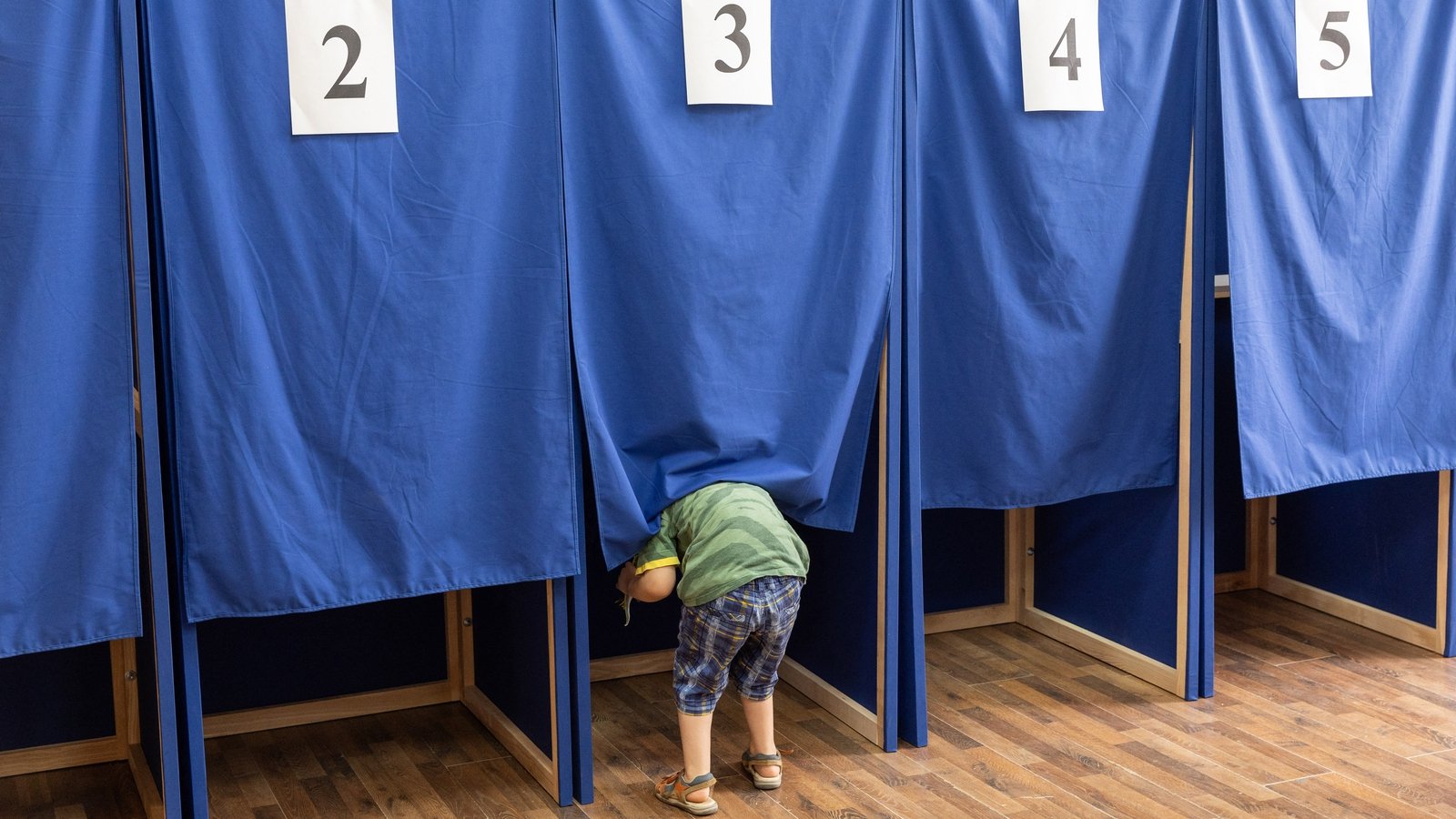HRI ‘shocked’ at RTÉ revelations on equine industry


Horse Racing Ireland has said it will actively support any Department of Agriculture or garda investigation following revelations by RTÉ Investigates into the Irish and European equine industries.
Illegal activities to launder the identities of horses and compromise the integrity of the human food chain were uncovered at a site connected to Ireland’s only active abattoir for horses.
In recent weeks the Department of Agriculture and Gardaí conducted searches at Shannonside Foods Ltd in Straffan, County Kildare – and other properties which are associated with the family of John Joe Fitzpatrick, who operates the business.
The Department has said its investigations are ongoing and that these may impact on the operations of the plant.
In statement, HRI said it was “deeply shocked and appalled by the content of the RTÉ Investigates documentary”.
It said: “HRI has zero tolerance for mistreatment of horses in any circumstance and criminal and regulatory sanction must be imposed on anyone found to have behaved in an illegal way towards horses.
“Equine safety and care is HRI’s top priority, and this year HRI will invest €16.1 million in welfare and integrity services.
“The thoroughbred horse is enshrined in Irish and EU law. Significant legal and regulatory checks and balances are in place for thoroughbred horses from birth through their racing career and life cycle.
HRI said it will will review the issues raised and will actively support any Department of Agriculture or garda investigation, and urge anyone with information about mistreatment of horses to report it to An Garda Síochána.
The focus of RTÉ Investigates’ covert filming was a building used by Shannonside Foods Ltd in Straffan.
During this, undercover cameras captured one of the business’s Animal Welfare Officers, Arann Fitzpatrick, inserting false identification microchips into horses and using spray paint to change the colour markings on horses.
RTÉ Investigates also analysed data which allowed, for the first time, the profiling of horses that were sent for slaughter in Ireland.
Journalists examined 2,400 horses slaughtered at Shannonside Foods Ltd between January 1, 2023 and March 1, 2024.
The data revealed 71% were thoroughbreds and had been bred for the racing industry, with the rest bred as sport or leisure horses.
Of those bred for racing it was possible to establish that more that 400 had racing careers.
The horses slaughtered in the Straffan slaughterhouse during the period had together raced more than 3,000 times and earned their owners more than €1.5m on tracks across Ireland, the UK and France.
Some had arrived in the slaughterhouse having recently left the yards of some prestigious owners and trainers.
The slaughtered horses ranged in age from six months to 31 years old.
The average age of the thoroughbreds slaughtered during the period was 8 years and six months. Some were killed just days after their last race.
In a statement the Department of Agriculture said it takes its “regulatory responsibilities very seriously and has robust systems in place to safeguard the integrity of the food chain.”
However, it said its approval for Shannonside Foods does not include the lairage used to pre-screen the animals and where the undercover filming took place.
It said “all available evidence of illegal activity… will be appropriately investigated.”
Shannonside Foods Ltd said it rejects the claims made in the RTÉ Investigates report, it said it takes its legal responsibilities seriously and operated in compliance with its licence.
An in-depth analysis of figures gathered from various sources reveals that the problem impacts up to 20,000 Irish horses each year.
The investigation examined the ways some horses disappear, including the activities of criminal networks which launder the identities of horses that were declared unfit for human consumption, with the intent of getting them into the human food chain.
Notably, in a significant cross-border court case that concluded in Marseille last year, Irish horses were identified as the main source of supply for those slaughtering horses which had been issued with false identities in France.
During its research, RTÉ established that one of the men convicted of being a ringleader in the network which was prosecuted in France is still playing a prominent role in the fate of Irish horses, despite currently serving a five-year-ban issued by a French court from all activity in the equine industry.





